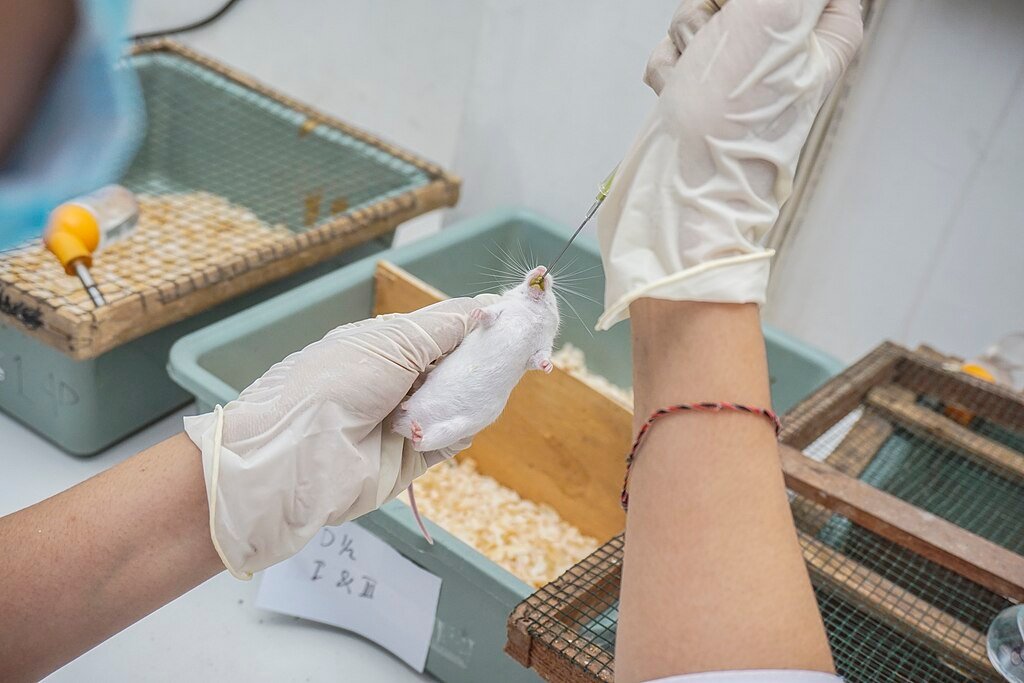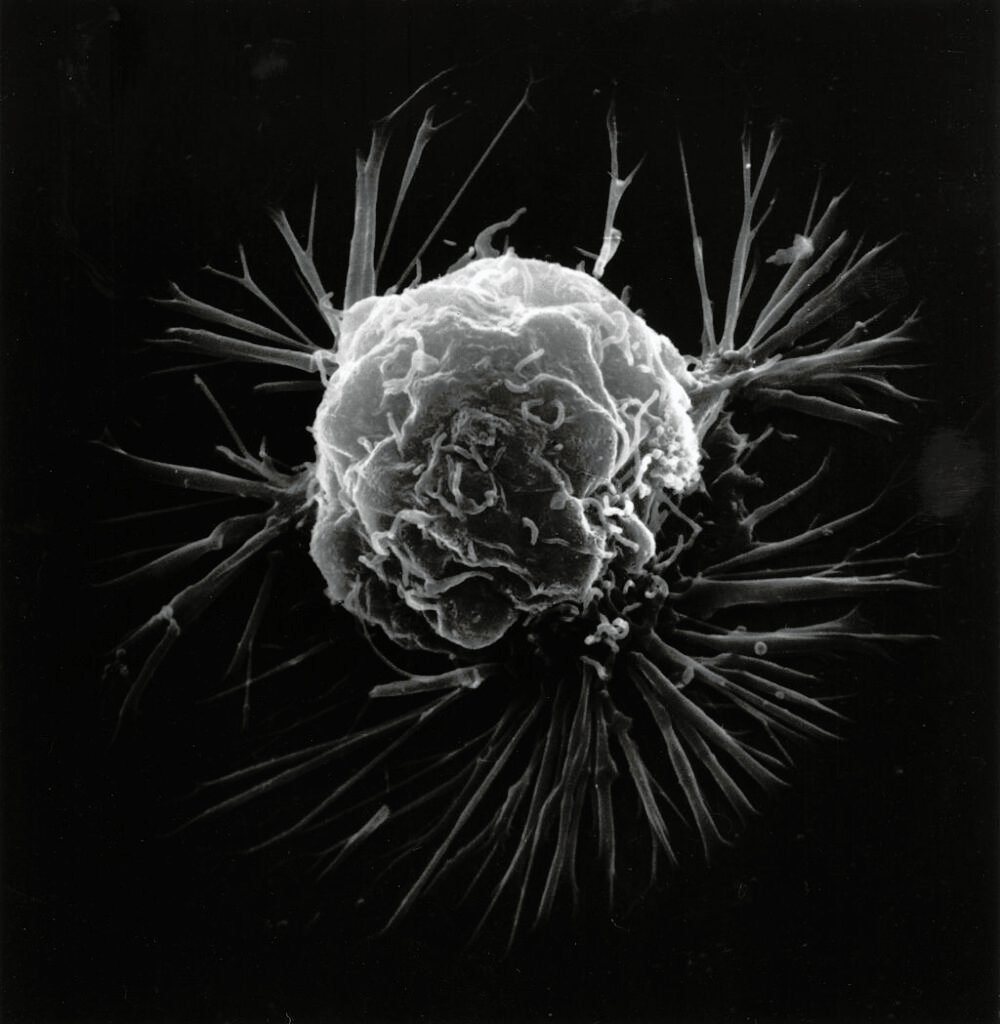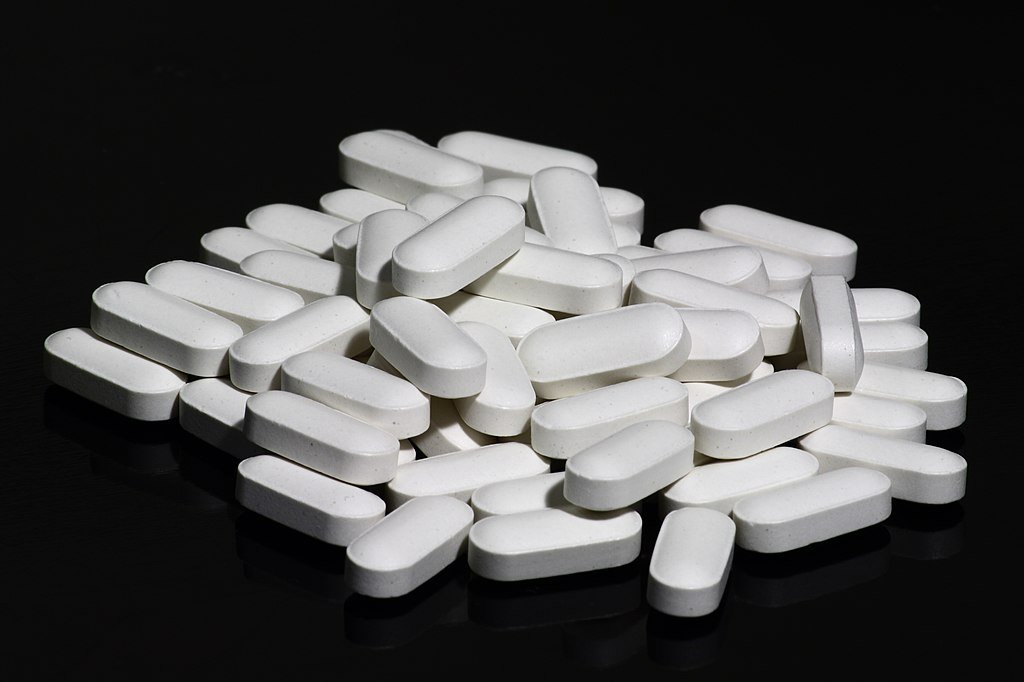Found in seafood, pork, and energy drinks, taurine is an amino acid long praised as a possible fountain of youth. Research on animals revealed that increasing taurine levels could slow down aging, enhance metabolism, and perhaps increase lifespan. Published in Science, a radical new study challenges the theory that declining taurine is a universal driver of aging. Rather, the studies expose a far more complex picture that questions the claims about taurine supplementation as an anti-aging magic-worker.
The Taurine Aging Theory: What Earlier Studies Got Wrong

First inspiring the excitement about taurine was animal research. Middle-aged mice given taurine supplements showed less cellular aging, lived longer, and had stronger bones according to a well-publicized study published in 2023. Scientists reasoned that since some animals’ levels drop with age, replenishing taurine could reverse age-related decline.
Taurine does not, however, regularly drop with age, according to a new study examining blood samples from more than 740 humans, monkeys, and mice. Actually, most of the time it either stayed constant or rose. “A drop in taurine is not a universal feature of aging,” notes University of Pennsylvania physiology professor Dr. Joseph Baur, who was not involved in the study.
Humans vs. Mice: Why Animal Studies Don’t Always Translate
Earlier studies mostly relied on cross-sectional studies of snapshots comparing several age groups instead of tracking the same individuals over time, which was a major flaw. These yielded contradicting findings; some studies claimed taurine levels dropped while others found no change.
Combining cross-sectional and longitudinal data, the new study took a more exacting approach. Investigators tracked subjects from the Balearic Islands Study (20–85), the Baltimore Longitudinal Study of Aging (ages 26–100), and other cohorts. Remarkably, in most groups taurine levels either increased or stayed constant. Male mice in one subset and men of the Atlanta-based Predictive Medicine Research group were the only exceptions; both showed stable (but not declining) taurine.
Taurine and Health: No Clear Link to Aging Markers

If taurine doesn’t reliably drop with age, does it still influence healthspan? The study looked for connections between taurine levels and age-related changes like muscle loss but found no consistent patterns.
“The associations we saw were inconsistent within and across cohorts,” notes co-author Dr. Maria Emilia Fernandez of the National Institute on Aging (NIA). This undercuts the theory that low taurine directly produces aging symptoms.
The Obesity and Cancer Paradox: Taurine’s Unpredictable Role

Complicating matters, taurine behaves differently in disease states. People with mild obesity tend to have lower taurine levels but in severe obesity, those levels surge. In cancer, taurine increases in leukemia but decreases in breast cancer.
“Taurine is context-dependent,” says Fernandez. “It’s not a straightforward biomarker.”
So, Should You Take Taurine Supplements?
Despite the mixed evidence, some scientists aren’t ready to dismiss taurine entirely. Dr. Vijay Yadav, who led the 2023 mouse study, is now running a clinical trial to test taurine’s effects on human aging. “We hope to see if supplementation delays aging or improves fitness,” he says.
But for now, the consensus is clear: There’s no proven anti-aging benefit in humans. “Taurine is not a reliable biomarker of anything yet,” says study co-author Dr. Rafael de Cabo of the NIA.
What’s Next? The Search for Deeper Mechanisms

Rather than focusing on taurine supplements, researchers suggest digging into why taurine behaves so unpredictably. “These discrepancies may reveal important aging mechanisms,” says Dr. Luigi Ferrucci, NIA’s scientific director.
Could taurine still play a role in future therapies? Possibly but not in the simple, supplement-driven way many hoped. For now, the quest for a true anti-aging breakthrough continues.
Final Thought
Taurine’s role in aging is far more complex than early hype suggested. While it remains an intriguing molecule, the latest science shows it’s no silver bullet at least, not yet.
Sources:

Suhail Ahmed is a passionate digital professional and nature enthusiast with over 8 years of experience in content strategy, SEO, web development, and digital operations. Alongside his freelance journey, Suhail actively contributes to nature and wildlife platforms like Discover Wildlife, where he channels his curiosity for the planet into engaging, educational storytelling.
With a strong background in managing digital ecosystems — from ecommerce stores and WordPress websites to social media and automation — Suhail merges technical precision with creative insight. His content reflects a rare balance: SEO-friendly yet deeply human, data-informed yet emotionally resonant.
Driven by a love for discovery and storytelling, Suhail believes in using digital platforms to amplify causes that matter — especially those protecting Earth’s biodiversity and inspiring sustainable living. Whether he’s managing online projects or crafting wildlife content, his goal remains the same: to inform, inspire, and leave a positive digital footprint.




